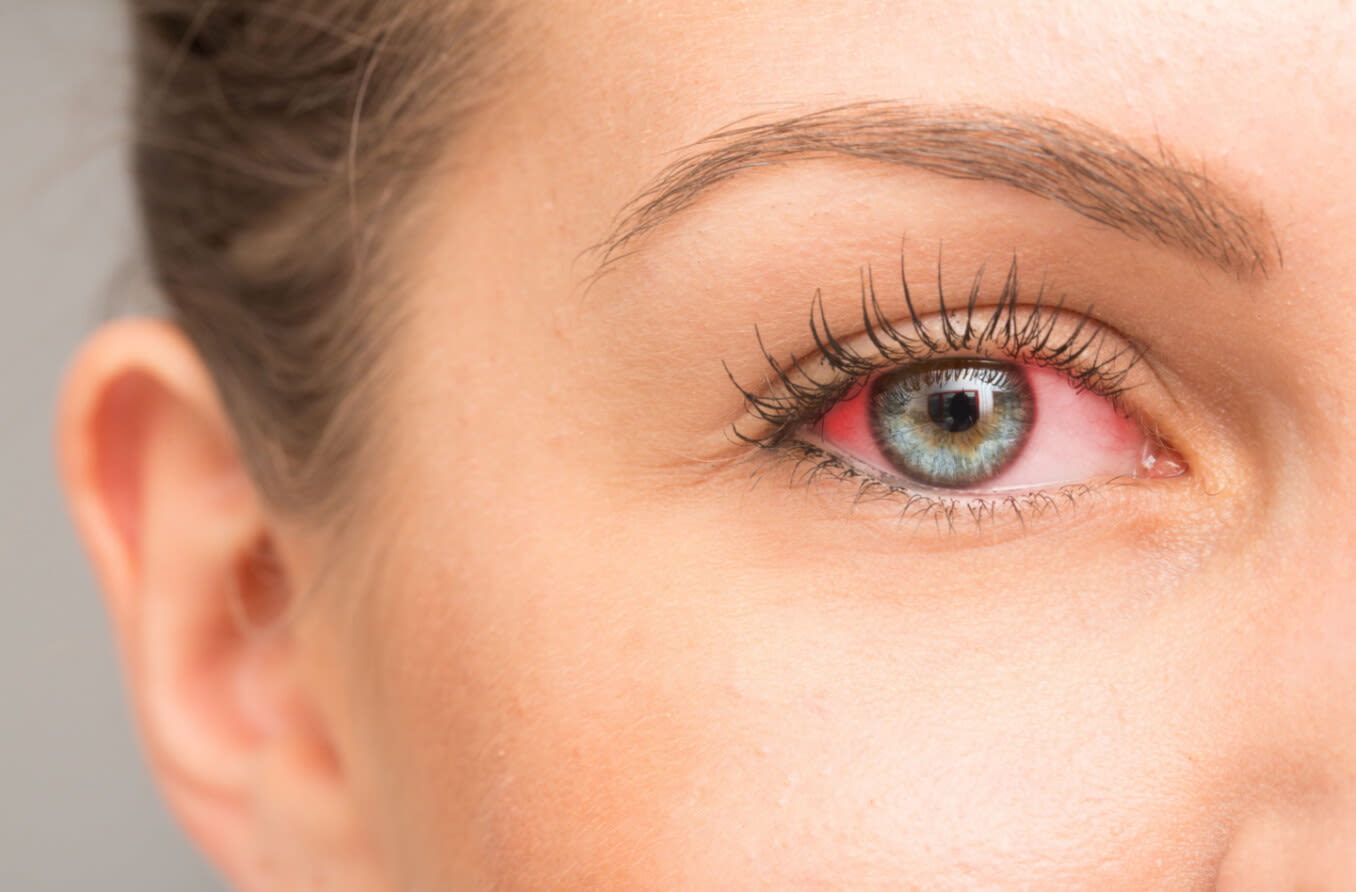As winter approaches, it brings with it not only chilly temperatures but also a host of challenges for our eyes. One of the most common issues during this season is dry eye syndrome, which can cause discomfort and affect our vision. In this article, we'll explore how to combat dry eye syndrome and keep our eyes healthy during the winter months.
Understanding Dry Eye
Dry eye syndrome occurs when the eyes do not produce enough tears or when the quality of tears is poor, leading to dryness, irritation, and inflammation. During winter, factors such as indoor heating, cold winds, and low humidity can exacerbate this condition, making it essential to take proactive measures to prevent and manage it.
Tips for relief
There are several strategies that can help alleviate dry eye symptoms and improve overall eye comfort during winter:
- Use a humidifier indoors to maintain optimal humidity levels and prevent dryness.
- Stay hydrated by drinking plenty of water throughout the day, as dehydration can worsen dry eye symptoms.
- Blink regularly, especially when using digital devices, to spread tears evenly across the eyes and prevent evaporation.
- Wear protective eyewear, such as wraparound sunglasses, to shield the eyes from cold winds and reduce moisture loss.
Importance of regular eye tests
Regular eye exams are crucial for monitoring and managing dry eye syndrome, as well as detecting any underlying eye conditions that may contribute to its development. During an eye test, your optometrist can assess the health of your eyes, evaluate tear production and quality, and recommend appropriate treatments, such as lubricating eye drops or prescription medications.
Preventive measures
In addition to seeking professional care, there are several preventive measures you can take to reduce the risk of dry eye syndrome:
- Follow a balanced diet rich in omega-3 fatty acids, vitamins A and D, and antioxidants, which are essential for maintaining healthy tear production.
- Take regular breaks when using digital devices for extended periods to reduce eye strain and dryness.
- Avoid smoking and exposure to smoke, as it can worsen dry eye symptoms and increase the risk of eye diseases.
Winter can pose challenges for our eyes, but with proper care and attention, we can minimize the impact of dry eye syndrome and maintain optimal eye health. By understanding the causes of dry eye, implementing preventive measures, and seeking professional care when needed, we can ensure that our eyes stay comfortable and healthy throughout the winter season.
Don't let dry eye syndrome dampen your winter spirits. Schedule an eye test at Lobb Optical in Invercargill to assess your eye health and receive personalised recommendations for managing dry eye symptoms.





